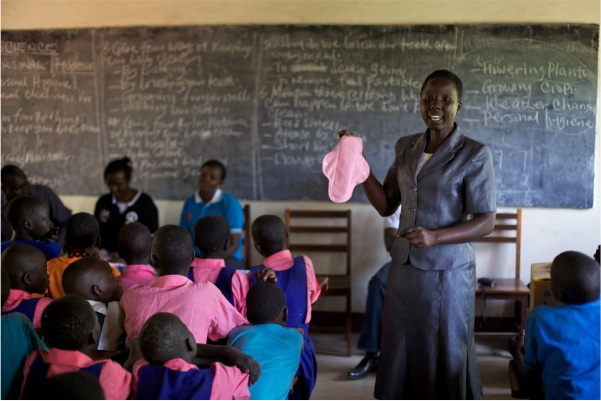In many parts of the world, girls face unique challenges when it comes to maintaining good
hygiene. These challenges can have far-reaching consequences, including increased risk of
infection, decreased quality of life, and reduced educational opportunities. Educating girls
about hygiene is essential to breaking down these barriers and empowering them to live
healthy and fulfilling lives. One of the primary benefits of educating girls about hygiene is improved health outcomes.
When girls understand the importance of good hygiene practices, they can take steps to
prevent the spread of disease and infection. For example, they may learn how to properly wash
their hands, manage menstrual hygiene, and practice safe sex. These practices can reduce the
risk of contracting sexually transmitted infections, urinary tract infections, and other diseases,
leading to improved health outcomes. Moreover, education about hygiene can help break down social and cultural barriers that
prevent girls from accessing essential services. In many communities, girls are unable to attend
school during their menstrual cycles due to a lack of hygiene products or proper facilities.
Education about hygiene can help girls manage their menstrual cycles, allowing them to attend
school regularly and achieve their full potential. This, in turn, can lead to increased educational
opportunities, improved economic prospects, and better overall quality of life.
In addition to physical health benefits, educating girls about hygiene can also have important
psychological benefits. Girls who understand how to manage their menstrual cycles, for
example, may feel more confident and empowered. They may also be less likely to experience
feelings of shame or embarrassment, allowing them to focus on their education and personal
growth. Furthermore, educating girls about hygiene can also help break down gender-based
stereotypes and biases. When girls have access to information about hygiene, they can
challenge traditional gender roles and stereotypes, opening up new opportunities for growth
and development. This can lead to increased gender equality, improved social cohesion, and
reduced discrimination. In conclusion, educating girls about hygiene is essential to breaking down barriers and
empowering girls to live healthy, fulfilling lives. It can lead to improved health outcomes,
increased educational opportunities, and better overall quality of life. By investing in the
education of girls, we can create a brighter future for all, breaking down barriers and
empowering girls to achieve their full potential.

